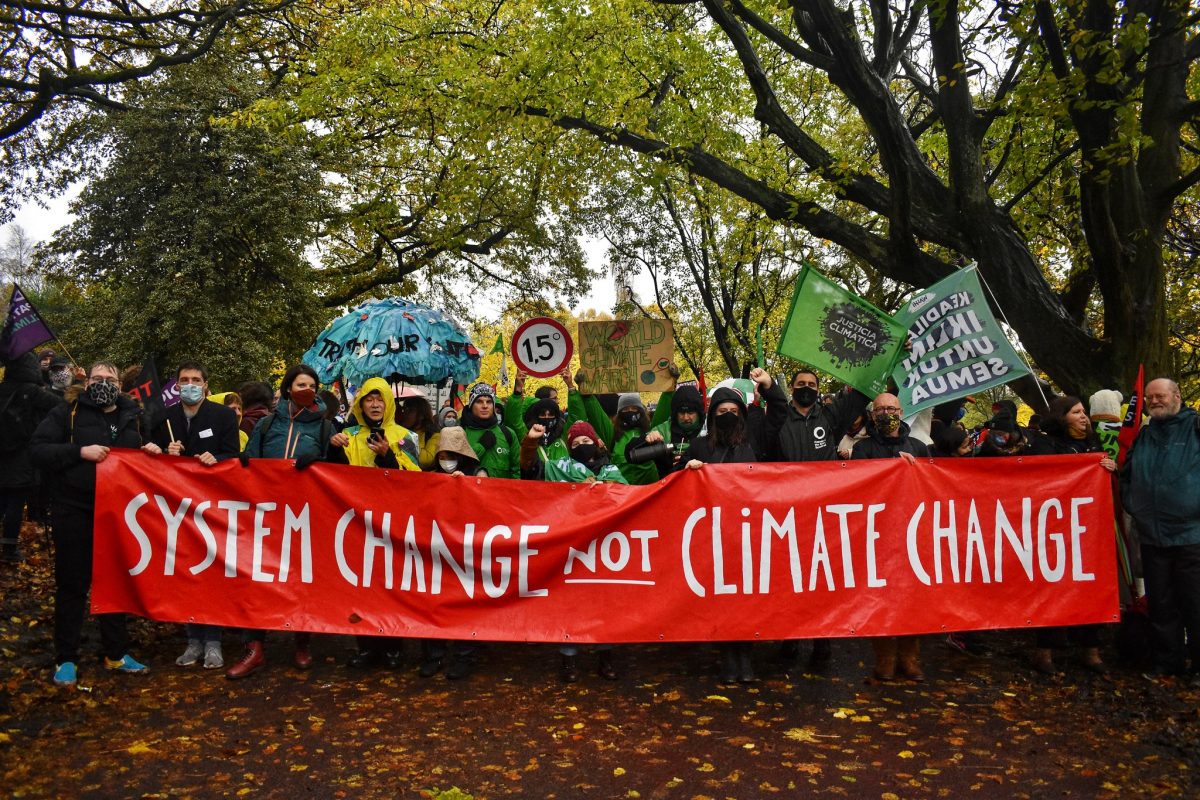
Scottish transport statistics show cars increase again, whilst bus numbers fall
Transport Scotland has today released their annual statistics which reveal that the car continues to dominate our transport system, while bus journeys continue their dramatic decline.
Environmental campaigners have criticised the Scottish Government and Councils for transport and planning decisions that have lead to congestion, air pollution and huge climate emissions from transport.
Key stats:
- Bus passenger number continue to decline rapidly, falling 7.6% in past 5 year.
- Bus journeys in the South West and Strathclyde areas have seen a 10% decline in the past 5 years.
- 2/3 of commuters said that they travelled to work by car or van in 2017
- 3 million motor vehicles are licenced in Scotland. The highest ever level.
- The greenhouse gas emissions from Scotland’s transport sector has remained the same in 2016 as it was in 1990.
- 28.1% of people in Scotland don’t have access to a car.
- Air travel has continued to spiral out of control, with 7.1% increase in the last year, 29.8% over 5 years.
Friends of the Earth Scotland revealed last month that 7 locations in Scotland are breaking the law due to illegally high levels of dangerous air pollution
Commenting on the figures, Gavin Thomson, Air Pollution Campaigner for Friends of the Earth Scotland said:
“These statistics paint a grim picture of transport in Scotland. Years of short-sighted decisions by politicians and planners have meant cars dominate our transport system at the expense of accessibility, public health and our climate.
“The continuing freefall of bus passenger numbers is a wake-up call to our politicians: we need to fundamentally change our attitude to buses. It needs to be seen as a public service, necessary to improve air quality, congestion, and ensure everyone can get where they need to go and participate fully in their community.
“Bus users have seen fares rise by 18% in just five years. No wonder the number of passengers has dropped so dramatically. MSPs need to take the opportunity of the Transport Bill to give Councils the powers to run their own bus services and meet the needs of people in their local areas.
“One positive to be taken from the statistics is the improvements Scotland has made in road safety. The number of accidents continues to decline. Casualties are now at the lowest level since records began which must be celebrated as a fantastic success for road safety campaigners.”
Notes to Editors
- The Transport Statistics for 2017 can be viewed at https://www.transport.gov.scot/news/525-million-public-transport-journeys-were-made-in-201718/
- Scotland’s most polluted streets of 2018 https://foe.scot/press-release/scotlands-most-polluted-streets-2018/
- Health impacts of air pollution:
– Friends of the Earth Scotland estimate that 2500 people die early each year from air pollution in Scotland alone: http://www.foe-scotland.org.uk/RCP-Report
– Air pollution, at levels seen on Scottish streets, has been linked with :
– Respiratory illness including asthma and COPD
– Heart attacks and strokes
– Low birthweight and delayed development in babies whose mothers have been exposed
– Poor lung development in children
– Dementia
– Children, the elderly, people with pre-existing health conditions, and sick are disproportionately affected by air pollution.
– (for more, see the Royal College of Physicians’ 2016 report, “Every Breath we Take: The lifelong impact of air pollution”: https://www.rcplondon.ac.uk/projects/outputs/every-breath-we-take-lifelong-impact-air-pollution) - Friends of the Earth Scotland is
* Scotland’s leading environmental campaigning organisation
* An independent Scottish charity with a network of thousands of supporters and active local groups across Scotland
* Part of the largest grassroots environmental network in the world, uniting over 2 million supporters, 75 national member groups, and some 5,000 local activist groups.
www.foe.scot
